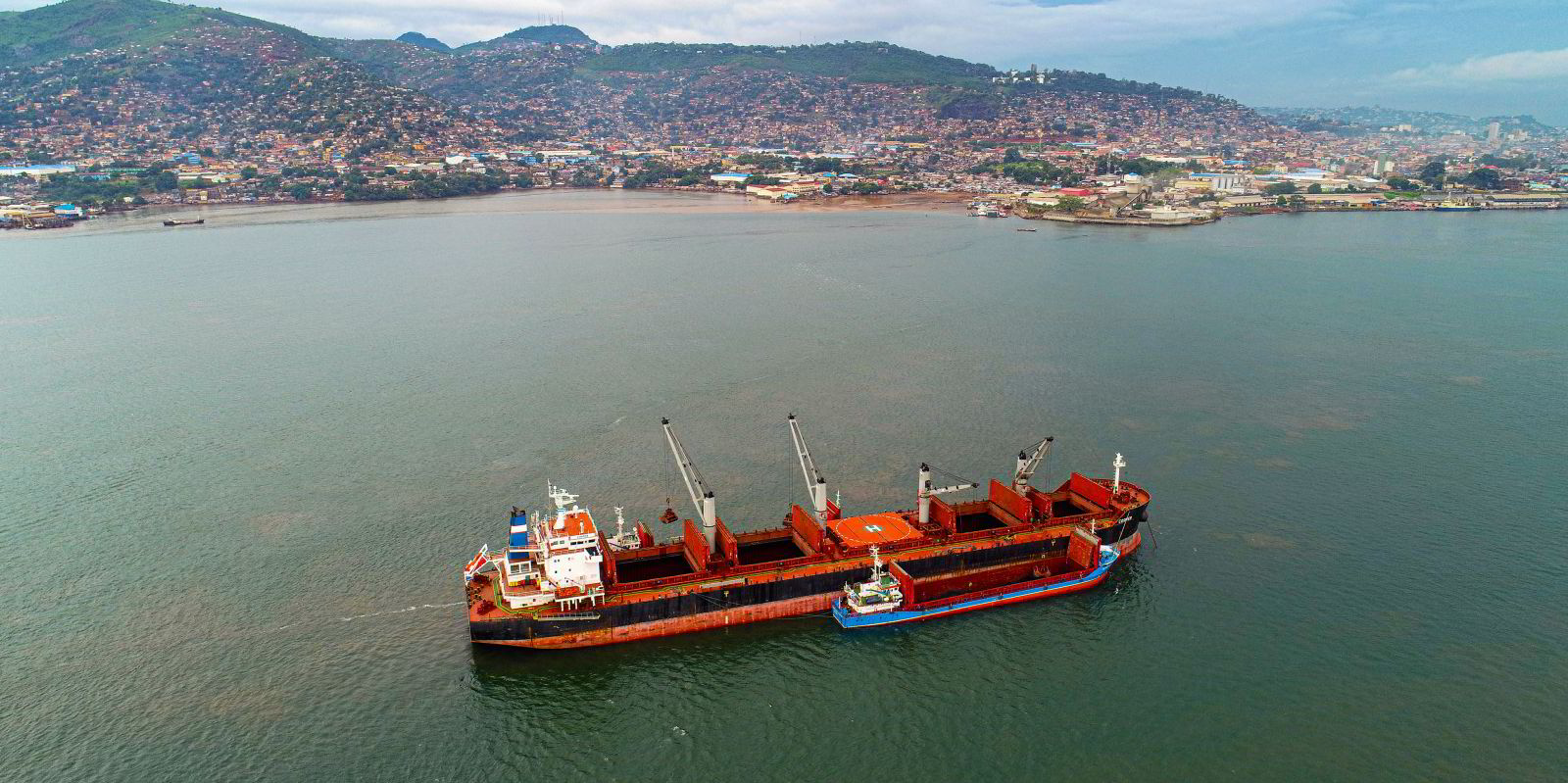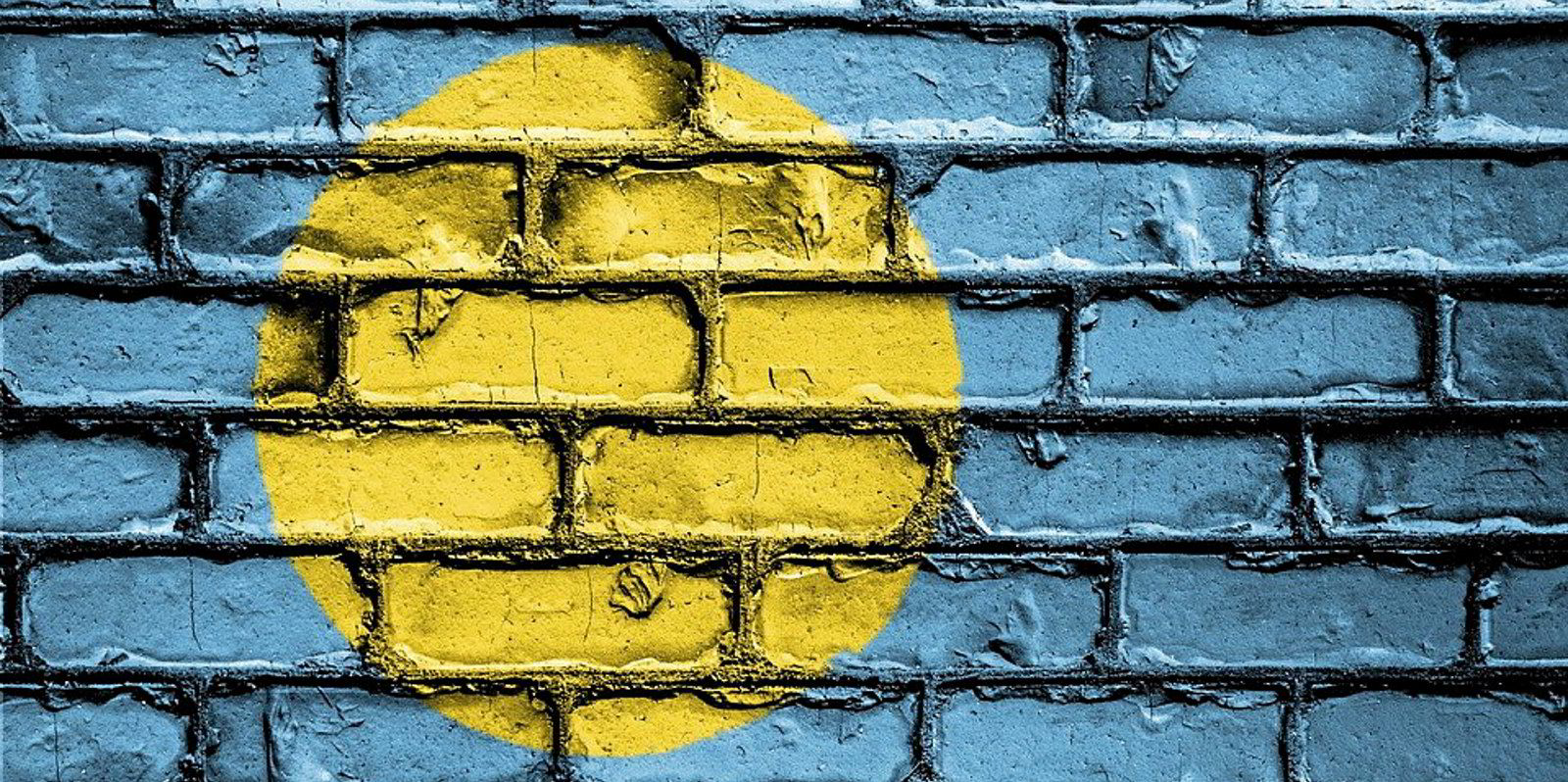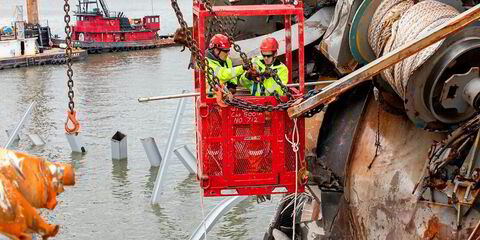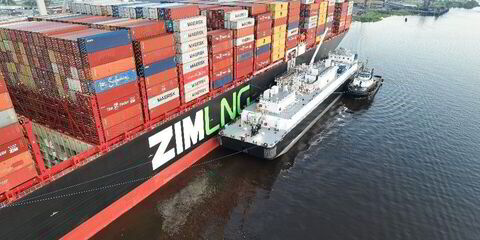The flag states of Togo, Palau and Sierra Leone have expressed anger and frustration at being targeted for a crackdown on shipping standards in the Mediterranean.
The trio was listed by the International Transport Workers’ Federation (ITF) as among the four worst in the region, together with the Cook Islands, and will be the subject of an inspection campaign involving up to 1,000 ships.
Sierra Leone objected to being described as on the Paris Memorandum of Understanding on Port State Control (Paris MOU) black list of underperforming flags, when it has been upgraded to the grey list.
Togo believes its efforts and achievement on safety and sanctions compliance were overlooked.
And Palau is suggesting a meeting with the ITF to advance seafarer safety.
Registrar Vera Medawar, of the International Ship Registry of Togo (ISRT), told TradeWinds the organisation is disappointed with the union’s statement, due to Togo’s “sincere efforts and cooperation with them to solve all the issues that we have faced in the past”.
“Really, we don’t know why ITF is targeting any flag administration, since it is obvious that when a vessel is abandoned by the owners it’s for financial or economic reasons that the flag administration has no relation with,” she added.
The ISRT said the Togo Maritime Administration has undertaken “severe” measures to upgrade performance.
These will need some time to show a significant improvement, “but we have set the path and we are implementing the measures accordingly”, it added.
Since January, 44 new ship registration requests out of a total of 66 have been rejected, the flag said. Last year, 148 vessels were turned down.
And since 2020, more than 200 ships have been deregistered for reasons including suspicion of “illicit activities” or breaking sanctions imposed by the United Nations, the US and the European Union.
Tackling transition
The US Department of State is helping the ISRT avoid the flagging of some vessels that are sanctioned for calling at Iranian or North Korean ports.
The flag is also working with the EU, US and Spain to detect vessels that are involved in drug trafficking.
“We are pleased to have detected two vessels during January [that] both loaded this poison from Colombia with direction Europe or the Middle East,” the flag said.
“We will continue our cooperation with ITF in all aspects, as we care also about the seafarers serving on board of our ships but also taking into consideration the position or opinion of the owners/managers when such unfortunate events occur,” Medawar said.
Paul Sobba Massaquoi, executive director of the Sierra Leone Maritime Administration (SLMA), reacted with “dismay” at being included in the campaign.
“The Sierra Leone flag registry continues to uphold and work towards all its international standards for its vessels,” he said.
Most of its ships either move from or leave for the Panama, Greece, Liberia, Malta, Hong Kong and China flags, the SLMA added.
“Since 2020, Sierra Leone has only had 47 cases of MLC [Maritime Labour Convention] complaint and Sierra Leone flag has been replying to every single case that was reported,” Sobba Massaquoi said.
“From these 47 cases, 40 were successfully closed, meaning 89% of the cases, considering [that] two of these cases were for vessels not under Sierra Leone flag.”
Professional registry
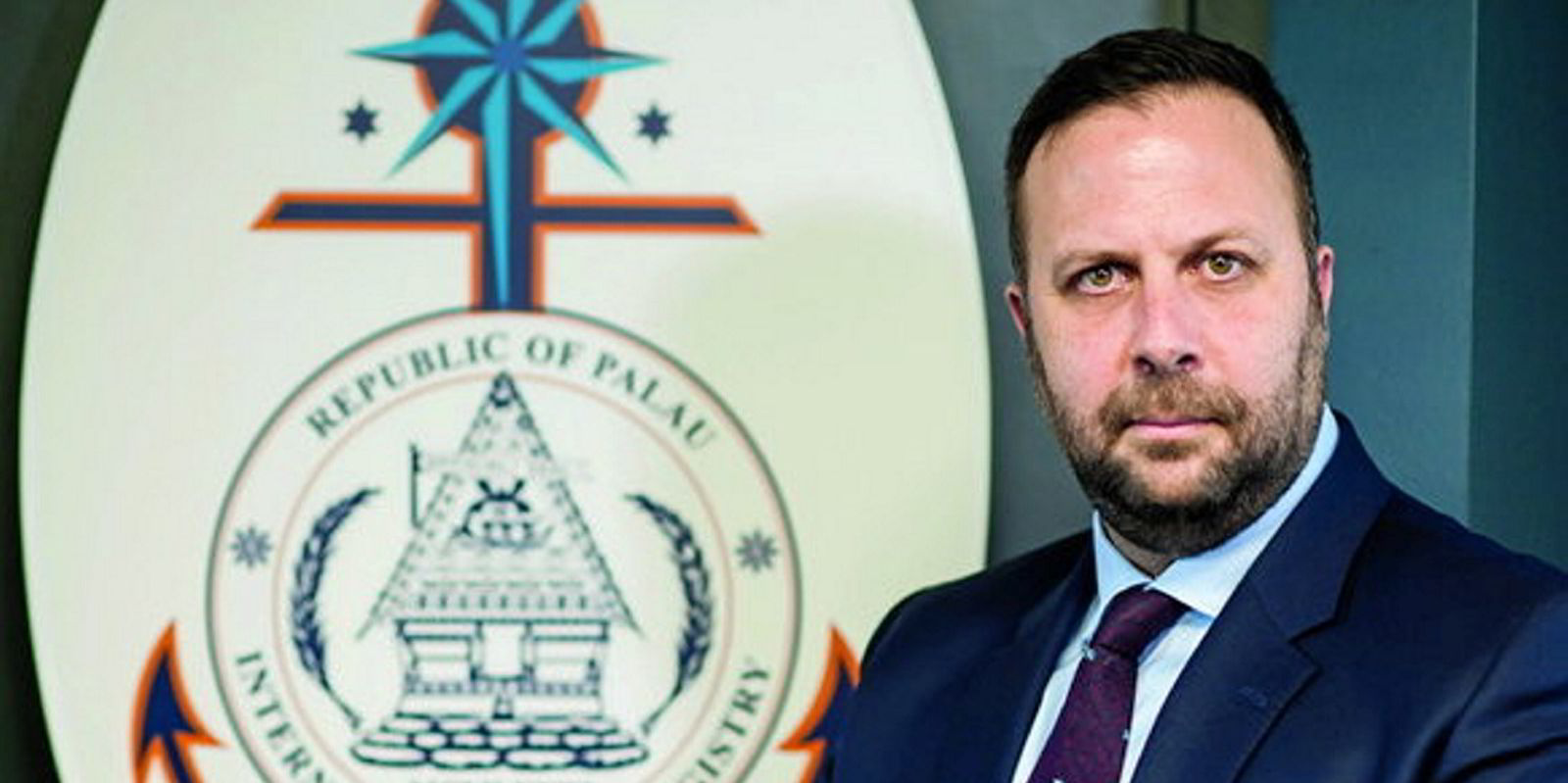
The SLMA also pointed out that Algeria is on the Paris MOU black list, with Sierra Leone having a significantly better performance.
“We are an open and very professional ship registry and we have an open-door policy for any information,” Sobba Massaquoi said.
“We are all hoping that in future, the ITF should be supporting efforts of flags to improve and not the contrary, thereby trying to jeopardise and mislead the maritime industry into believing false and damaging information published about a country’s flagship.”
The MLC will be coming into force after being ratified by the government of Sierra Leone in March 2022.
The Palau International Ship Registry (PISR) said statistical evidence presented by the ITF to justify its “unwarranted attack” is “wholly inaccurate, misinterpreted and therefore clearly misleading.”
“The negative picture presented of PISR is misguided, as any objective observer with maritime knowledge will understand,” it added.
In a spirit of constructive dialogue, chief executive Panos Kirnidis is suggesting a meeting with the union to advance seafarer safety.
The register has taken immediate action to address all cases brought to it to benefit seafarers’ rights under the MLC, the PISR added.
It said the International Labour Organization’s official abandonment database shows that PISR swiftly addressed and officially resolved all abandonment issues.
The flag had only nine detentions out of 162 inspections in the last Paris MOU report.
For consecutive years it has been in the top third tier of the grey list at the Paris and Tokyo MOUs, the registry added.
The ITF has been contacted for further comment.(Copyright)
